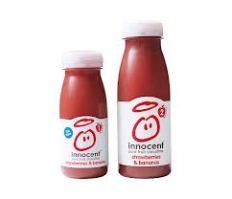I never really had no one like you man this all new, shit,
Made the world I knew bigger, changed the way that I viewed it.
Drake – Look What You’ve Done
We all need someone like Drake’s uncle. Someone who comes with a fresh perspective, expands our existing frame of reference and changes the way we see things. Someone who, as Daniel Kahnman might say, provides the outside view, not the inside view.
We plan ahead based on what we know – the inside view of our lives, of past experiences and our abilities. This, combined with usual human optimism, means we always think forecasted projects will be faster, cheaper and less risky than it is. Big government projects continually come in wildly over budget and over time, as the general public could gloomily predict. Or, on a more local level, your kitchen renovation always costs double what it was meant to.
Kahneman and Tversky recommend instead ‘reference class forecasting’. Instead of relying on what you know – or what you think you know, study the outcomes of other, similar projects and estimate the probability of the most likely outcome of yours.
The outside view shouldn’t just be for the economics of new train lines and Olympic Games. It’s worth us remembering that everything we do is praised and okay’d within a very small circle of similar people. In advertising, we optimistically predict our Youtube advert will be a huge viral success – after all, have we not lavished our talents on it, sweated over it, produced it? Our client loves it. But just one person less close to the project could tell us how boring it really is.
Often in meetings, I have to stop myself saying ‘my brother wouldn’t get this’ or ‘my mum would love this’. And while it’s a mistake to base a whole campaign off one relative’s likes or dislikes, it’s probably worth hearing their views. After all, the target customer is unlikely to be the web-savvy, hyper-connected, bandwagon-leaping advertising exec. Maybe you can’t imagine life without them, but only 16% of the UK’s population are on Twitter and 50% are on Facebook. So it’s time to ask – what are the other half doing? How can they make our world bigger?
